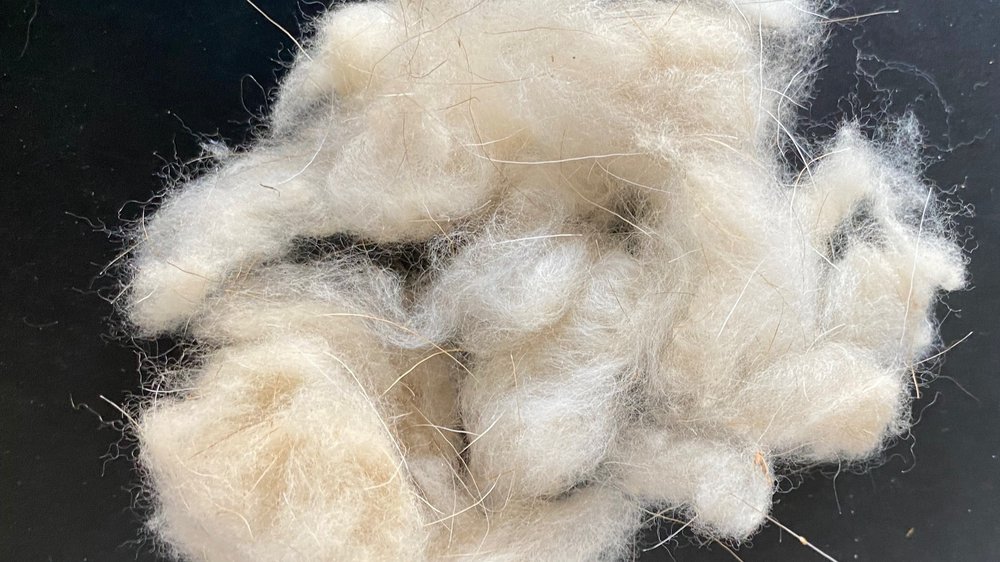What Is Cashmere and How Does It Differ to Other Fabrics?
Wiki Article
Discover the Appeal of Cashmere a Natural Fiber: Why It's a Must-Have in Your Wardrobe
The attraction of cashmere, a luxury natural fiber, transcends simple aesthetics. From discussing its appealing beginning to understanding its production process, treatment, and high quality, it's worth discovering why cashmere holds such a special area in the world of textiles.
The Beginning and Background of Cashmere: A Quick Review
While many might watch cashmere as a straightforward deluxe, its background is steeped in rich social practice. Stemming from the Kashmir region in India, cashmere wool has been produced for hundreds of years. The fiber is gotten from the soft undercoat of cashmere goats, gathered throughout their molting season. As a precious commodity, it was traded along the Silk Roadway, coming to be extremely valued in Europe in the 18th century. The name 'cashmere' is an old English derivation of Kashmir. In spite of its global popularity, the bulk of cashmere manufacturing still stays in Asia, especially China and Mongolia. This historic trip highlights the social significance of cashmere, transforming it from a regional specialized to an international deluxe.Comprehending the Distinct Characteristics of Cashmere Fiber
While other products may use down over time, cashmere maintains its top quality, ensuring resilient wear. Cashmere has an one-of-a-kind aesthetic allure. Comprehending these residential or commercial properties makes clear why cashmere is not just a high-end, however a beneficial investment for any type of wardrobe.

The Process of Producing Cashmere: From Goat to Garment
To appreciate the lavish homes of cashmere totally, one must comprehend its trip from the raw fiber to the ended up product. The procedure starts with the cashmere goats, primarily located in Mongolia, China, and Iran. The pure cashmere is after that dyed, spun right into thread, and lastly weaved or woven right into the sought after garments.
Deciphering the Quality and Cost: Why Is Cashmere so Expensive?
Cashmere stems from the fine undercoat of the cashmere goat, with each goat creating a plain 150 grams annually. The handling of raw cashmere calls for both time and proficiency, with the fibers needing to be thoroughly sorted, cleaned, and rotated. These Bonuses aspects integrated make cashmere a pricy yet highly sought-after commodity in the globe of style.Cashmere in vogue: The Flexibility and Timeless Allure
Despite its high cost, the ageless allure and adaptability of cashmere have solidified its area in the realm of style. The versatile nature of cashmere enables for its integration into both formal and informal clothes, signifying its wide allure. As patterns come and go, cashmere continues to be a continuous, its attraction undiminished, continuing to shape the fashion and inspire market's landscape.Taking Care Of Your Cashmere: Maintenance and Conservation Tips
Guaranteeing the durability of cashmere garments needs specific treatment and attention. Normal cleaning with a cashmere comb can prevent pilling. With these maintenance and conservation pointers, one can ensure their cashmere stays luxuriously soft and durable.Final Thought
Cashmere, with its unmatched soft qualities and heat, provides both high-end and sturdiness. Its origin from the Kashmir region and careful production process add to its premium appeal and cost. Its versatility in vogue and withstanding charm make it a worthwhile investment for any closet. With proper treatment and preservation, cashmere garments can last for years, using a distinct mix of high quality, design, and comfort. Discover the attraction of cashmere and elevate your style repertoire.
Report this wiki page